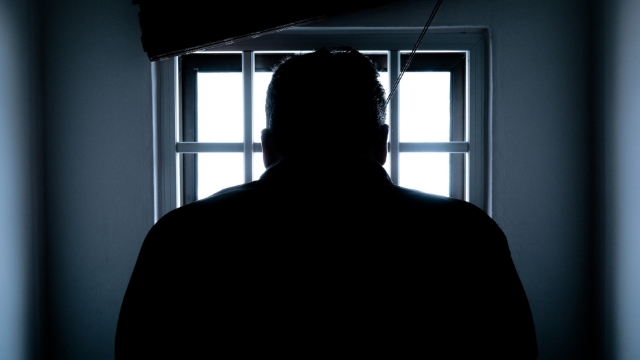Man Released Without Charge After Home Intruder’s Death
A Sydney father has been released without charge after being questioned by police over the death of a home intruder on Sunday morning.
Francois Schwartz was at home with his wife and young daughter at 7.30 am on Sunday when his dog began barking.
When he went to investigate, Mr Schwartz found an intruder standing in his living room.
Detective Chief Inspector Shane Woolbank outlined that Mr Schwartz confronted the intruder and a struggle ensued, resulting in the intruder’s death.
Harrington Park residents said they heard screaming as Mr Schwartz’s wife ran to get help from an emergency worker who lived nearby.
It is reported that neighbours and paramedics performed CPR on the intruder, but he could not be revived.
While the media has been quick to report on Mr Schwartz’s release, the investigation is not over yet.
Police are waiting for the results of a post-mortem examination to ascertain the intruder’s cause of death. This is likely to give insight into whether the force used against the intruder was ‘reasonable’ in the circumstances.
Self Defence
A person will escape criminal liability for an offence if their actions were carried out in ‘self-defence’.
A person carries out an offence in self-defence if they believe that their conduct was necessary to:
· Defend themselves or another person, or
· Prevent (or end) the unlawful deprivation of liberty, or
· Protect property, or
· Prevent criminal trespass
However, the conduct must be a reasonable response to the circumstances as the person perceives them.
If a person asserts that they acted in self-defence, the prosecution bears the burden of disproving the defence beyond reasonable doubt.
Reasonable response
A person is entitled to use a degree of force to protect themselves, their property or another person as long as they use force that is proportionate to the threat they are facing. Whether the response is reasonable will be determined based on the circumstances as they appeared at the time. A determination of the ‘reasonableness’ of the force used will not be made with reference to hindsight.
Excessive force
The operation of self-defence may be limited in instances where a home intruder has been killed.
Even if the person believes that their response was reasonable in the circumstances, they will not escape criminal liability if they have used excessive force, and the infliction of this force has resulted in death.
If the Court finds that excessive force has been inflicted, the person will not be convicted of murder but might be convicted of manslaughter.
Key Takeaways
- A Sydney father, Francois Schwartz, was released without charge after a confrontation with a home intruder led to the intruder's death.
- The incident occurred while Schwartz was at home with his family; a struggle ensued when he discovered the intruder.
- Legal considerations include self-defense laws, which allow individuals to protect themselves or their property, provided the force used is reasonable and proportional to the threat.
- The outcome depends on the post-mortem examination and whether the force used by Schwartz was deemed reasonable under the circumstances.
Where to from here?
The outcome of the incident in Harrington Park will hinge on the degree of forced used during the struggle.
More to come.
If you need advice or representation for a criminal matter please contact Hamilton Janke Lawyers 24 hours a day, 7 days a week on 4038 1666 (office hours) or 0422 050 502 (24/7).
Written By

James Janke
James Janke is founding partner at Hamilton Janke Lawyers, and has more then decade of experience as a Criminal Defence Lawyer. Admitted to both the Supreme Court of New South Wales and High Court of Australia




